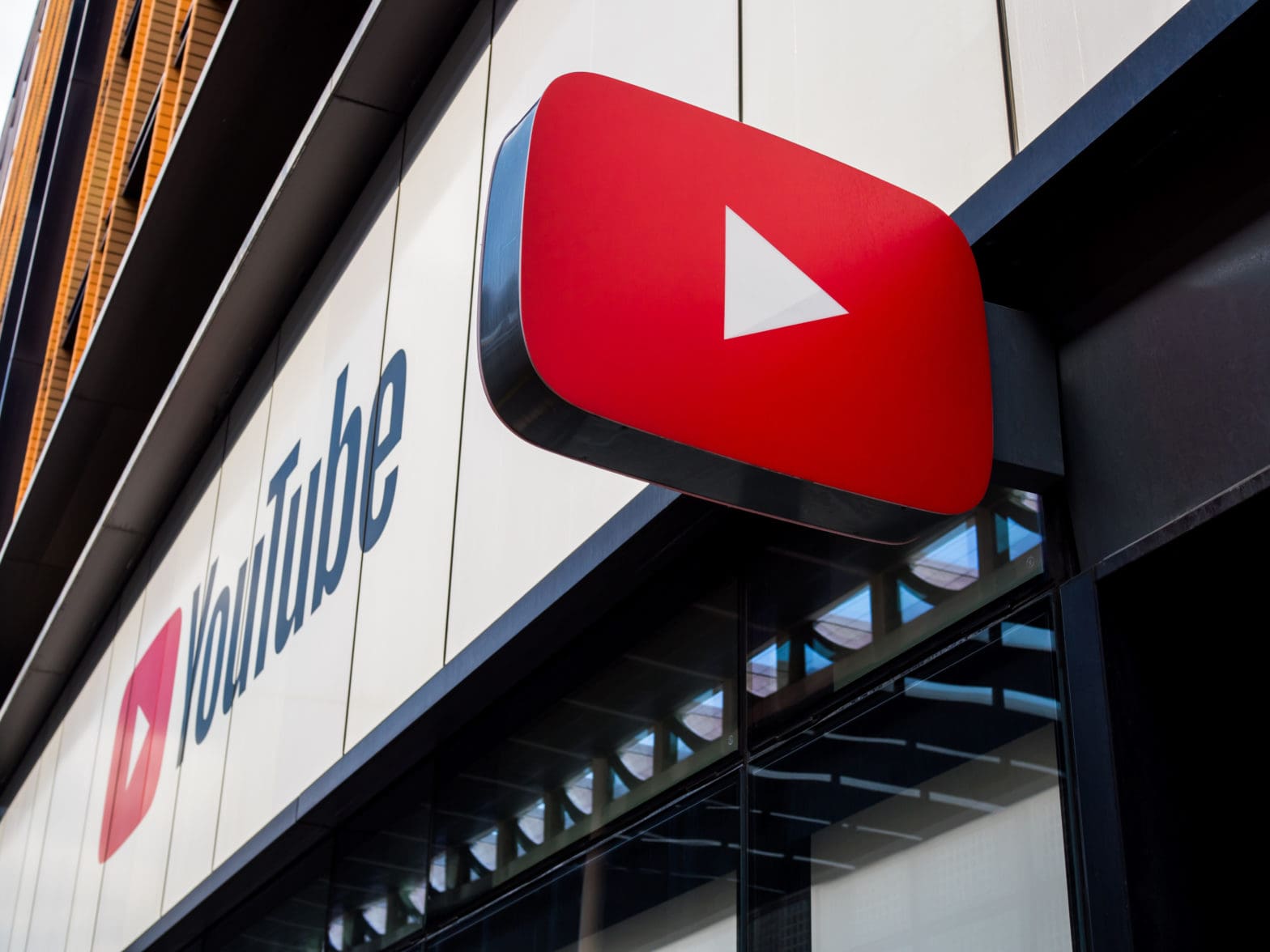One of the most critical connections between creators and their audience is trust. When an audience believes the video they are watching is a genuinely honest review or promotion, it carries much more weight than if it were just a paid advertisement.
Publishing a video that feels genuine, but is, in fact, a paid opinion or advertisement, could potentially make a lot more money for both the creator and the advertiser.
It is misleading and dishonest to the viewer if it isn’t evident that it is a paid endorsement.
FTC to Creators: Always Disclose Sponsored Content!
In the U.S., the FTC (Federal Trade Commission) has pretty strict guidelines for online creators and transparency around sponsored content and brand deals.
The guiding principle of its rulings is centered on the idea that a paid advertisement or the opinion of an employee should be disclosed as such to allow the consumers to make an honest decision about their purchases.
- Endorsements must be truthful and not misleading. You can’t make claims about a product that has proof you don’t have. Both the advertiser and endorser could be held responsible for a deceptive endorsement.
- Testimonials claiming specific results generally mean the endorser’s experience is what other people can expect. Either has to prove to back up results OR clearly disclose expected results for most people. It’s not ok to just make blanket statements like “results may vary.”
- It is the law and has always been the law that any connection between an endorser and an advertiser must be disclosed. This is defined as any connection between the endorser and “seller” that could impact the opinion of the endorsement.
If you are getting paid or getting products or services in exchange for your thoughts on a product, your relationship should be disclosed. They are required when endorsing a product is something that should always be done. You can take a deeper dive into the FTC policies here.
How to Disclose Sponsored Content on YouTube
If you’ve recently uploaded a video to YouTube, you will have seen a section on the upload page to declare whether the video is part of a “Paid Promotion.” In this instance, this can mean that the creator received either money or goods from the brand or sponsor.
If you miss this step, it’s effortless to edit your video, so YouTube knows it’s sponsored. You just need to:
- Sign in to YouTube Studio
- Select Content from the left-hand menu
- Click the video you’d like to edit.
- Select More options.
- Check the box next to “My video contains paid promotion like a product placement, sponsorship, or endorsement.”
- Save
Whenever you mark your video as containing a paid promotion, YouTube automatically shows your viewers a disclosure message for 10 seconds at the beginning of the video like this:

You can also disclose a brand deal upfront in your video. Convey your message clearly and out loud, and be honest about your connection. Yes, it may impact the views you get and your ability to maintain audience retention, but transparency and honesty will make you completely covered.
A loyal fan base should understand that you have to pay the bills and will generally reward you for your honesty. Explain to them that paid advertisements enable you to make the great content they love.
You can, and should, also disclose any sponsorship deals in your description box. Many creators who are reviewing products or services go as far as adding a prominent disclaimer to the FTC that the video is NOT sponsored. That’s how much they want to stay out of trouble:

Dishonesty around sponsorship deals can not only offend YouTube viewers, but it could also scare off potential advertisers who wish to minimize their risk of an FTC probe.
Advertisers and brands also have a clear responsibility to enforce FTC policies, but creators need to follow the proper guidelines or risk getting their fingers burned.
Working with a brand on sponsored content is a very lucrative revenue stream for many creators. Just be open about your collaboration, and you’ll be fine. For more information, YouTube has all you need to know.

Carla Marshall
Carla Marshall is the Content Marketing Manager at TubeBuddy. She has 10+ years of experience in video marketing, social media management, content marketing, DRM, & SEO
